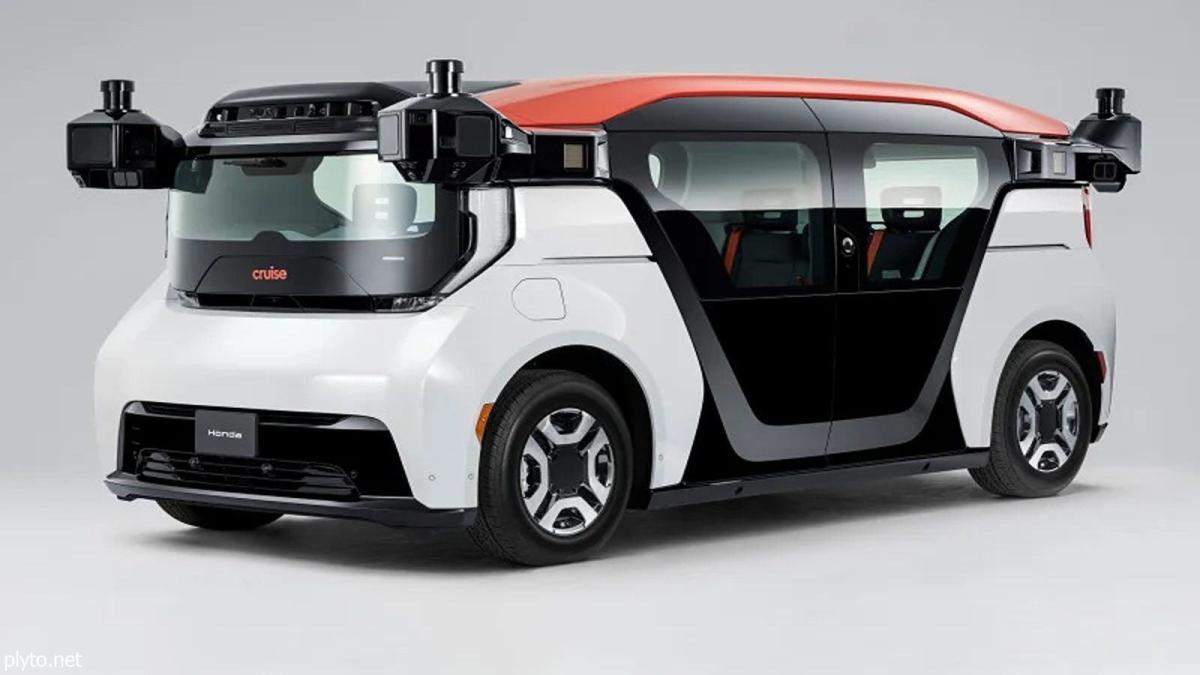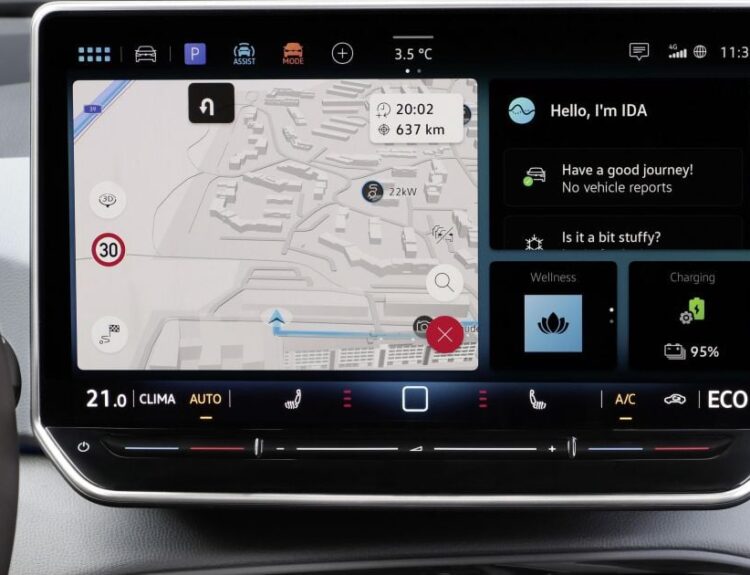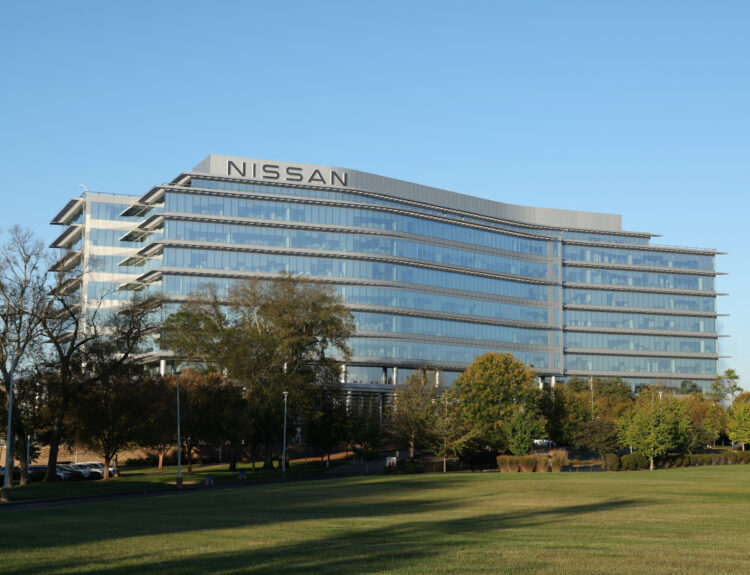
In an unexpected turn of events, General Motors has announced its exit from the autonomous taxi market, leaving Google’s Waymo and Elon Musk’s forthcoming Cybercab to contend for dominance in this rapidly evolving field.
Cruise Faces Turbulence Since 2022
Just days ago, GM revealed that it would halt funding for the Cruise division, which it acquired in 2016. This decision follows a series of setbacks since the introduction of their Origin taxi concept in 2022, a vehicle that, unfortunately, never made it to market.
Cruise’s troubles were compounded in 2022 when GM’s autonomous Chevrolet Bolts were involved in multiple rear-end collisions due to episodes of unanticipated braking, resulting in the suspension of their autonomous testing permits in 2023. Earlier in 2024, GM had declared a pivot to improve the autonomous Bolt with a second-generation model; however, those aspirations now appear to be dashed.
Integration into GM’s Autonomous Division
Currently holding a 90% stake in Cruise, GM plans to fully assimilate the entity into its autonomous vehicle sector, shifting focus to enhance its Super Cruise technology. The automotive giant noted that the ongoing competition in the robotaxi arena was proving to be a drain on its resources, projecting that this restructuring could yield over $1 billion in savings.

New Contenders Emerge from Europe
The landscape of robotaxis is becoming increasingly competitive, with Rimac recently unveiling its entry into the field with "Verne," named after the illustrious French writer Jules Verne. This two-seater vehicle will utilize technology from Israeli firm Mobileye and is slated to debut in Zagreb, Croatia, in 2026. Rimac envisions expanding Verne’s availability across Europe and the Middle East, but details surrounding a potential North American launch remain undisclosed.

In Conclusion
As the robotaxi market heats up, akin to the electric vehicle sector, the race for supremacy becomes more arduous. With numerous companies scrambling to develop autonomous transport solutions for urban environments, success demands substantial financial backing and resource allocation. Observers will be keen to see which players ultimately emerge victorious. Given its over 15 years of experience, Waymo seems well-positioned to remain a key contender. The real question is which other companies will successfully navigate this challenging landscape.
Source:www.autoblog.com






